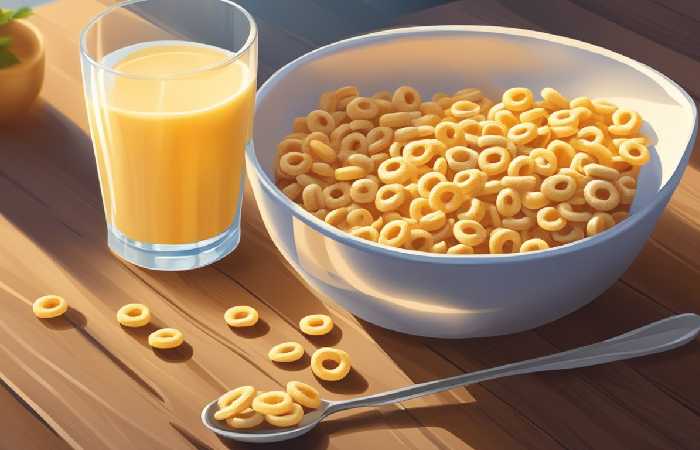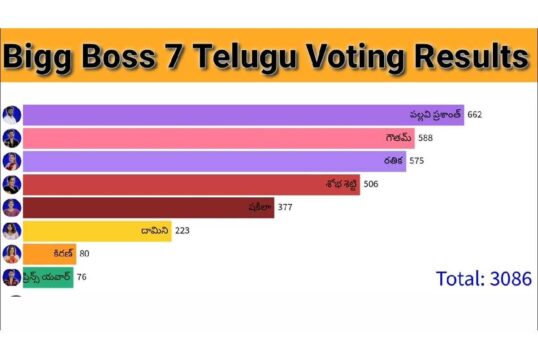Are Cheerios Healthy? – Cheerios contain nutrients and whole grains such as vitamin D and iron. However, Cheerios are processed food, and eating processed foods may negatively affect your health.
Cheerios contain many essential nutrients

- Cheerios are primarily made from whole-grain oats.
- Whole grains provide additional nutrients than refined grains as they comprise all parts of the grain, which aids in reducing your risk of heart disease and lowers cholesterol levels.
- Cheerios are also low in calories and fat. They also boost several essential nutrients, such as fiber and vitamin D.
One cup (28 grams) of Cheerios offers 45% of the Daily Value for iron, which several people lack. This mineral plays a crucial role in oxygen transport throughout your body.
However, remember that many nutrients, such as iron, vitamin B12, and vitamin D, remain added during processing and do not occur naturally.
One cup (28 grams) of plain Cheerios lacking milk provides:
- Calories: 100
- Fat: 2 grams
- Sugar: 1 gram
- Carbs: 20 grams
- Fiber: 3 grams
- Protein: 3 grams
- Vitamin A: 10% of the DV
- Vitamin B12: 25% of the DV
- Vitamin C: 10% of the DV
- Vitamin D: 10% of the DV
- Calcium: 10% of the DV
- Zinc: 25% of the DV
- Iron: 45% of the DV
As you can see, Cheerios are low in calories, protein, and fat. Therefore, they do not provide a balanced diet.
With 1 cup (244 grams) of 2% cow’s milk, you’ll get 8 grams of protein, an extra 122 calories, and 8 grams of protein, besides a boost of fat, vitamin D, and calcium.
If you choose non-dairy milk, which is naturally low in protein, add a handful of sliced almonds or pumpkin seeds to your cereal for a plant-based source of protein.
Adding protein to any snack or meal can help you feel full.
Finally, Cheerios are very reasonably priced compared with many other breakfast foods.
They’re kid-friendly
Children as young as eight months may securely enjoy Cheerios, but only if they’re prepared to eat solid foods.
They make good finger food for babies and don’t pose much of a choking hazard as they soften when wet.
Cheerios can remain a fantastic way to include more whole grains and iron into your child’s diet. Still, it’s essential not to depend too heavily on them, including many foods from each food group to support growth and development.
Conclusion
Cheerios made from whole grains are a classic breakfast. They are low in fat and calories, packed with essential vitamins and minerals, and reasonably priced. Cheerios remains a processed food, and some flavors contain more sugar.
Minimizing your Cheerios intake or opting for a low-sugar variety such as plain or multigrain is better. You can also increase the protein content with nuts or nut butter. Make sure to eat a variety of whole foods to fulfill your body’s nutrient requirements, whereas Cheerios can undoubtedly remain part of a healthy diet,


